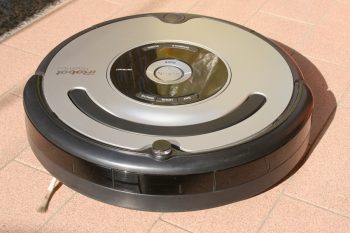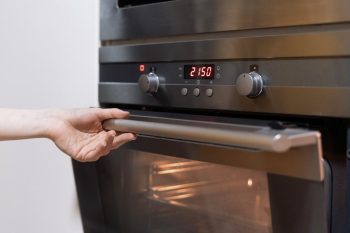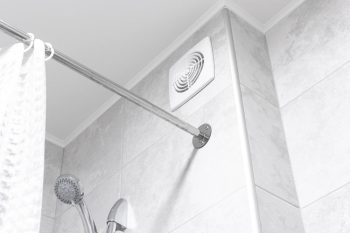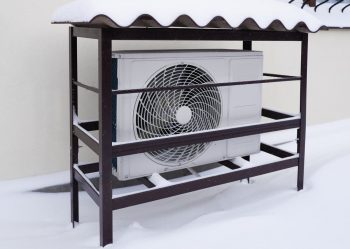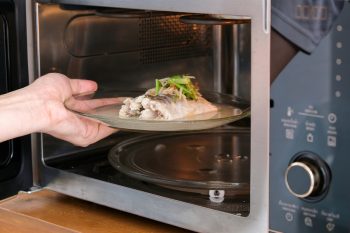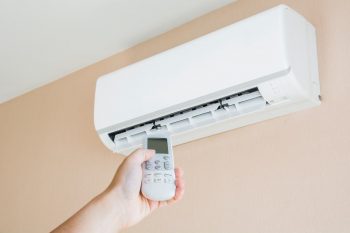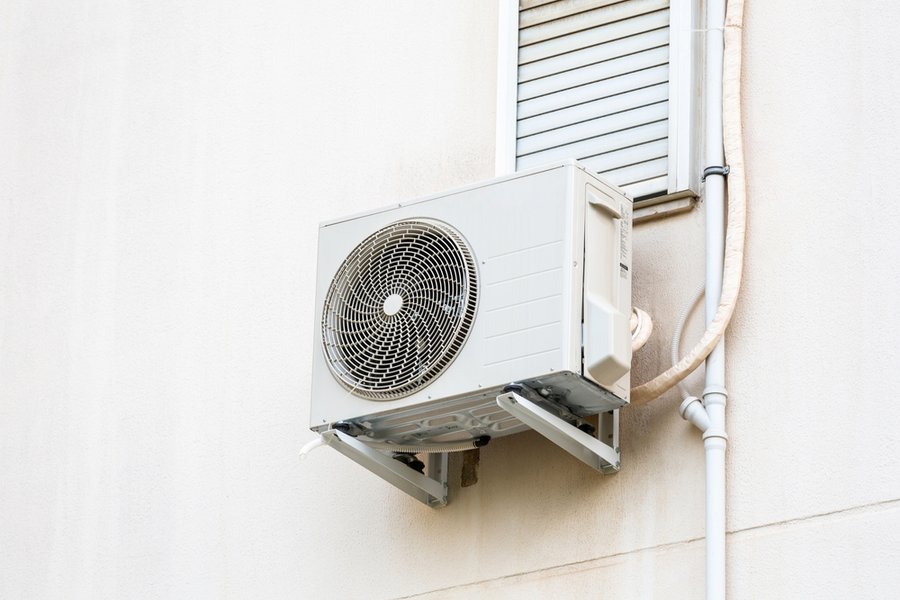
Air conditioners are ideal for keeping you cool on hot summer days. However, storms are common during spring and can do a number on your outdoor unit.
Modern HVAC units are durable and reliable but can be inconvenient if they are not looked after. Most aircon units can withstand some light rain, snow, or hail.
However, flooding, strong winds, or even leaves piling up can cause a malfunction in your outdoor unit.
Protecting your air conditioning unit is essential to avoid costly repairs and ensure your device works efficiently. This post will look at some solutions that can help you safeguard your outdoor system and ensure it is in top condition.
Protecting your outdoor aircon unit can help improve its efficiency and minimize repairs. Finding an ideal location for the unit’s installation, covering it, or installing a leaf mesh barrier will help you safeguard the appliance.
Likewise, cleaning the unit, carefully mowing the lawn, and regular maintenance will ensure the unit runs at its best.
Is your area prone to hurricanes and thunderstorms? Then, stick around to learn more about how to protect your HVAC outdoor unit.
Understanding Your Airconditioning Systems
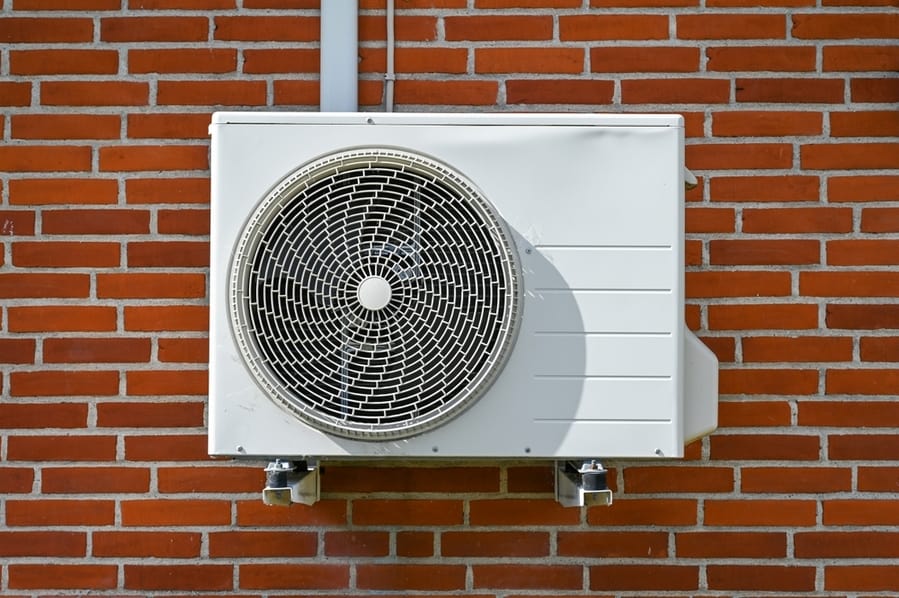
What do we mean when we talk about an AC outdoor unit? Small climate control devices like portable and window aircon only have one indoor unit.
However, large air conditioners like the HVAC, central AC, or split ACs typically have indoor and outdoor systems.
The indoor unit is inside the house and has an evaporator, fan, and air filter. The fan pushes room air into the evaporator coils, where the refrigerant removes its heat and excess moisture. The fan then circulates the cold air back into the room.
On the other hand, the outdoor unit is located outside the house and has a compressor, condenser, and condenser fan. The heated refrigerant is pushed into the compressor, which pumps it into the condenser.
The condenser is responsible for removing the heat from the refrigerant before it circulates back to the evaporator to cool the room.
6 Ways To Protect Your Outdoor HVAC Unit
Safeguarding your outdoor unit is vital to ensure that your aircon works effectively. If the compressor or condenser gets damaged, the unit might have trouble cooling air in rooms, and your power bills will be higher.
Here are a few tips to help protect your outdoor unit and ensure it runs effectively for a long:
1. Find the Perfect Location
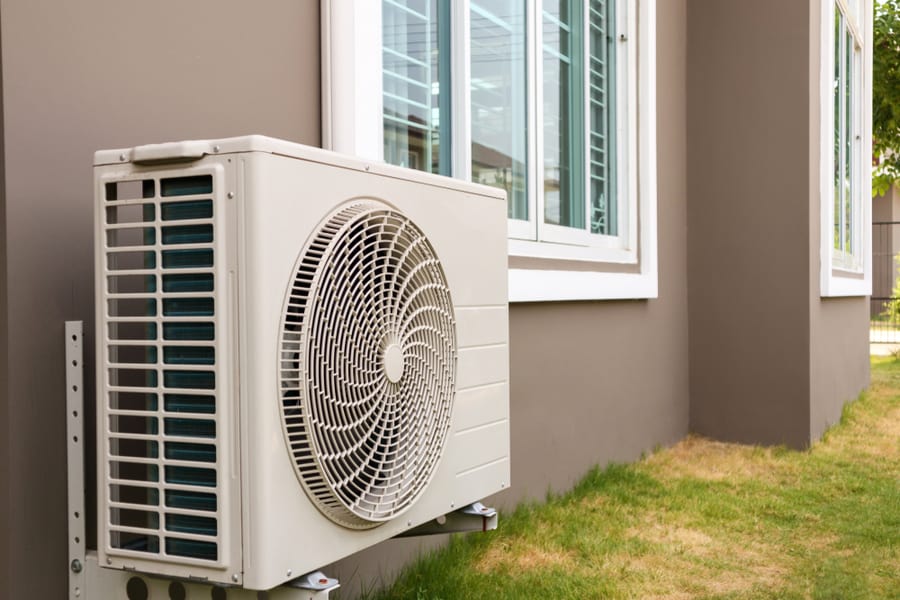
Before installing your HVAC, the first thing to do is find the perfect location for the unit. Adequate preparation can help avoid expensive protection methods or repairs down the line.
Though the unit is durable, it should be placed in an area with proper airflow and without too many obstructions. For example, flower beds too close to the unit can limit the condenser’s heat exchange damaging the unit.
Furthermore, the outdoor unit should not be installed in poor drainage areas. Water can damage the unit’s internal components when flooding occurs during a storm or hurricane.
There are also other advantages of finding the right location for installing your outdoor AC. You can call an HVAC expert if you have an issue finding the ideal place for your unit.
2. Cover the Unit
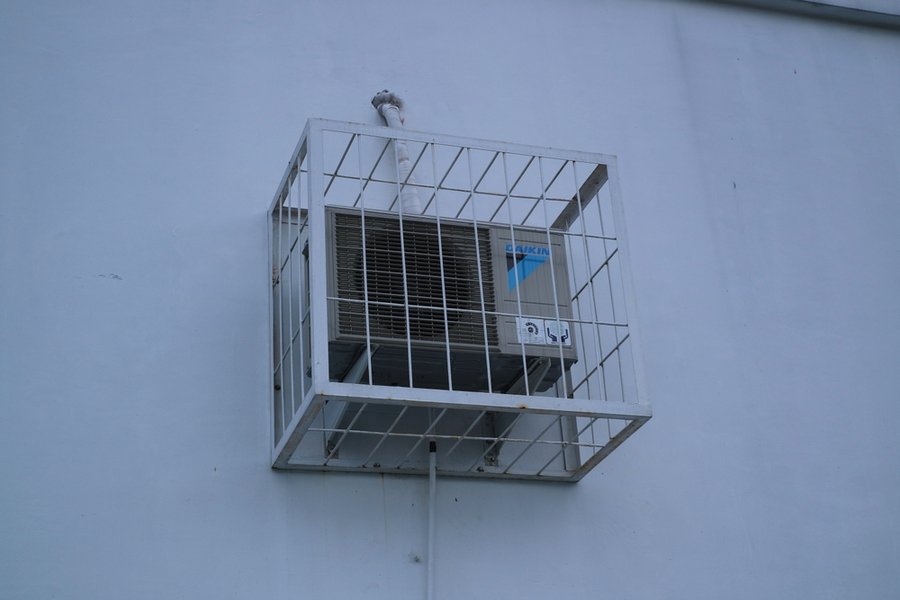
Some areas might be prone to storms, hurricanes, and tornadoes. If that is the case, covering the outdoor units is an excellent way to ensure the flooding water does not damage them.
Additionally, falling ice can also take a toll on your AC. The fins on the units are pretty sensitive. Ice builds up between the fins; it expands and can cause the fins to break.
However, before using a cover on your outdoor unit, you should consider a few things. First, covers can restrict airflow to the unit, reducing the condenser’s heat exchange ability.
Additionally, covers can also hold a bit of moisture, making them conducive for mold and bacteria growth.
You should find vented air covers for the device. The cover allows air to circulate to the condenser fins, allowing it to cool. As the air circulates, it also carries out moisture around the unit, leaving it dry.
3. Use a Leaf Guard Mesh
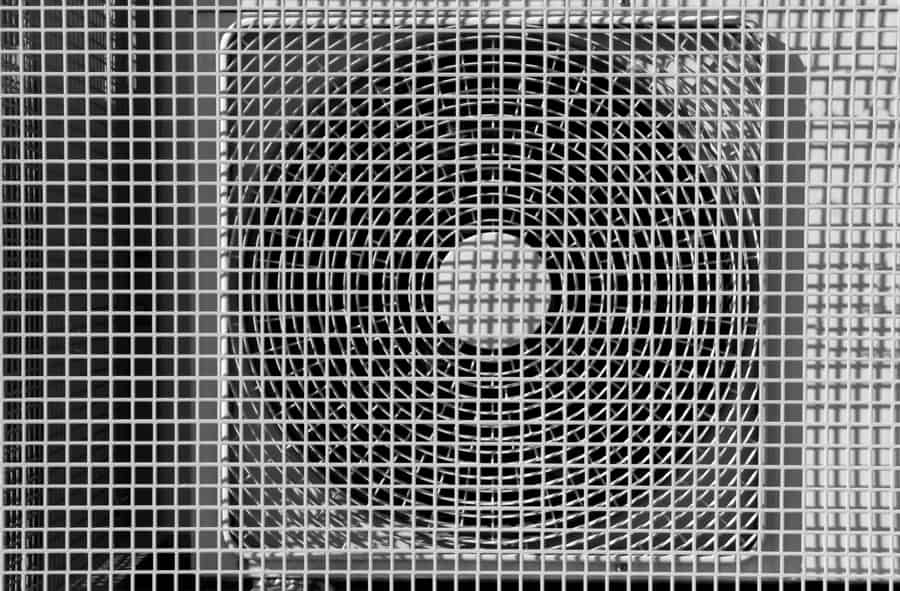
Furthermore, a leaf guard mesh is also an excellent safeguard for your outdoor central cooling unit. Instead of a cover, the metallic mesh is installed a couple of inches around the AC and its top.
Dry leaves and debris can damage your aircon if blown onto the condenser fins. In addition, all that dirt can restrict heat exchange, leading to inefficiency.
Likewise, falling branches and trees can also be a massive problem for your outdoor air conditioning unit. The collision from the fall can damage the unit, leading to expensive repairs.
A strong metallic mesh at the top of the AC can prevent damage to the cooling system or caution against the fall.
4. Keep the HVAC Clean
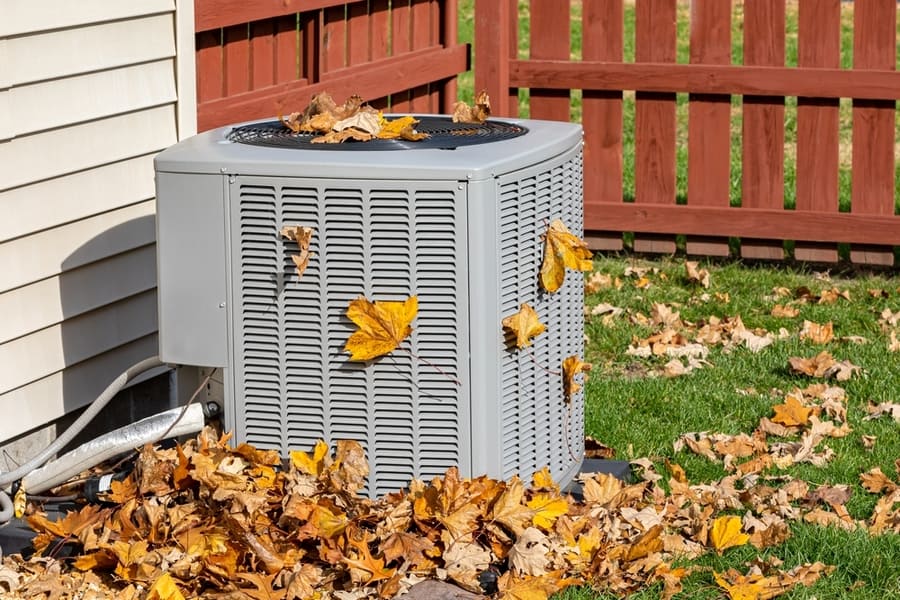
Additionally, it is always a good idea to clean your outdoor air conditioner. As we mentioned earlier, leaves, debris, and ice can effectively interfere with the unit’s ability to cool the office or house.
Cleaning all that dust and leaves can help promote better performance in your unit.
You can use a soft brush and vacuum cleaner when cleaning the unit. You can also spray the fins with a water hose to remove stubborn debris.
Before cleaning the outdoor unit, it is essential to disconnect your AC’s power supply. First, go to the electrical panel and switch the device’s circuit breaker off.
Furthermore, condenser fins are sensitive and can easily get damaged if you are not careful. Therefore, ensure you clean them gently.
5. Be Careful While Mowing
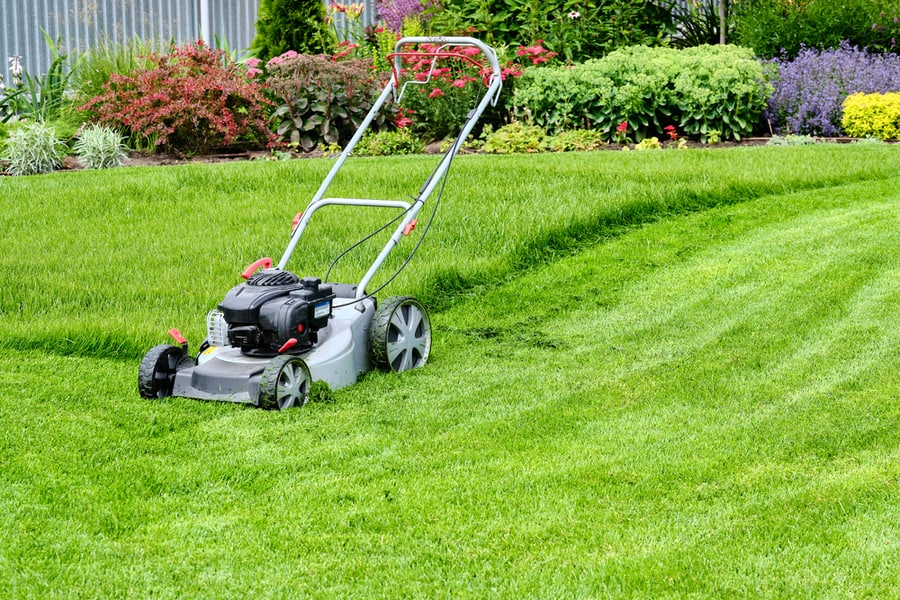
In addition to cleaning the outdoor AC, you must do some yard work to enhance its airflow. However, you must do it carefully when mowing the grass or cutting your backyard.
If you are not vigilant, you might accidentally knock a few stones toward the condenser fins, damaging them. Likewise, if you nick a refrigerant pipe, you might have a coolant leak problem.
When mowing the backyard, you should stay back from the unit to prevent damage. Likewise, a metallic mesh around the unit would effectively catch most flying debris when working in the yard.
6. Perform Regular Maintenance
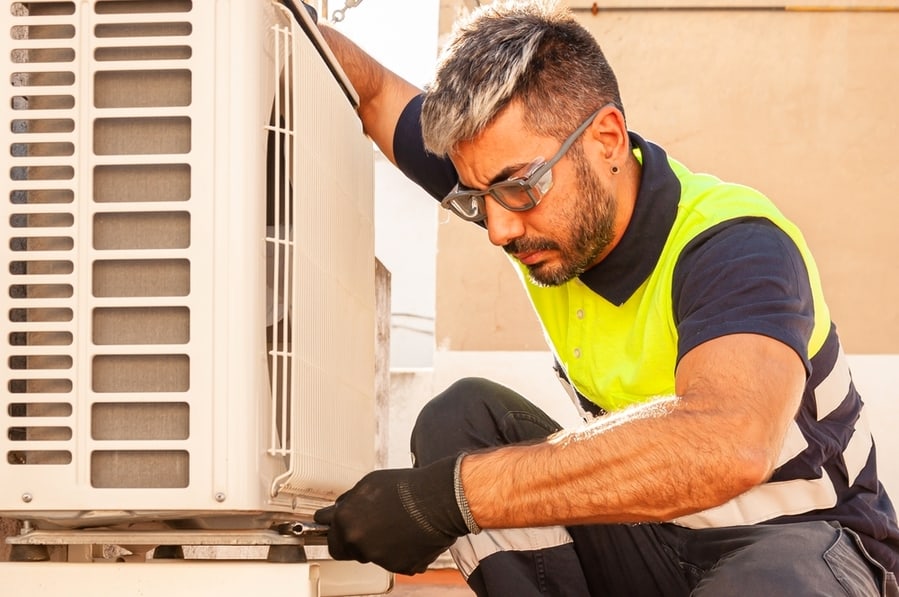
We saved the best for last. Whichever safeguard you put in place, regular maintenance is mandatory to ensure your split AC is working in tip-top condition.
Always have a licensed HVAC expert inspect your unit and find any issues before they become significant problems. In addition, they also perform tune-ups that can help your unit last longer and perform optimally to keep rooms cool all year round.
How To Protect Your HVAC During a Storm

If your area is about to experience a storm, here are a few safety tips to protect your aircon.
The first thing you need to do is cut the power to the AC. In an electrical surge, you want to ensure that any power issue does not damage the climate control device.
Afterward, cover any outdoor unit to protect it from flood waters.
Before cutting power to the air conditioner, pre-cool your house a few hours before the storm rolls in. Keep your doors and windows shut to prevent cool air from escaping.
After a storm, you should always call an HVAC specialist to inspect the outdoor unit and ensure everything is running smoothly.
Conclusion
Air conditioners are an expensive investment for any homeowner. However, protecting your outdoor unit can help prevent it from getting damaged.
One of the ways to safeguard the appliance is by finding an ideal location for installation, using a vented cover or a mesh barrier. Additionally, it would be best if you carefully mowed the yard and cleaned the outdoor unit.
Lastly, you should always perform regular maintenance.
Frequently Asked Questions
Do Outdoor AC Units Need To Be Covered?
Though air conditioners are sturdy, harsh weather can affect them. Covering the unit can help prevent leaves or water from damaging the unit.
For optimal AC efficiency, vented covers are an ideal fit to improve airflow to the unit while still offering protection.
However, you should not cover the outdoor unit for too long. It can lead to mold growth and dust issues.
Is It OK To Wash the AC Outdoor Unit With Water?
If your condenser is dirty, you can spray water on the unit to eliminate dust and debris. You can also use a brush and vacuum.

